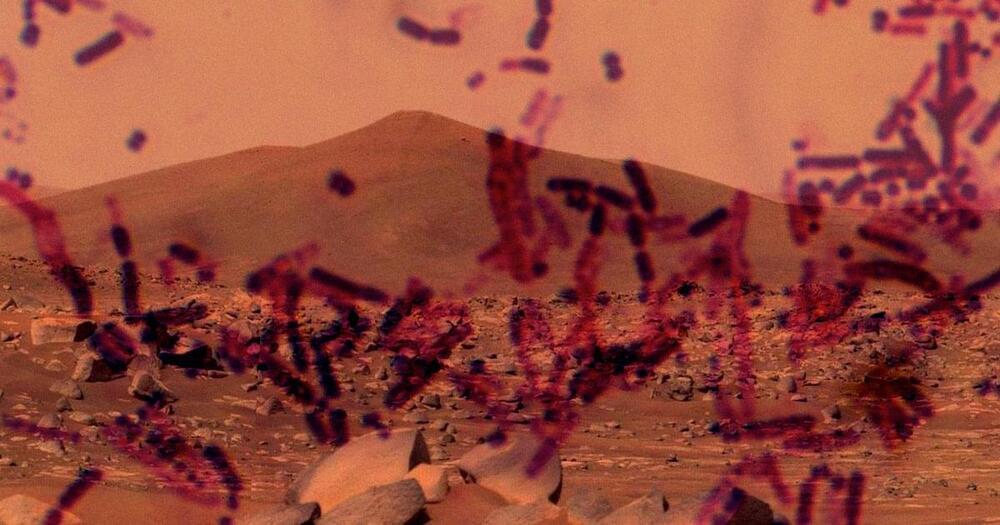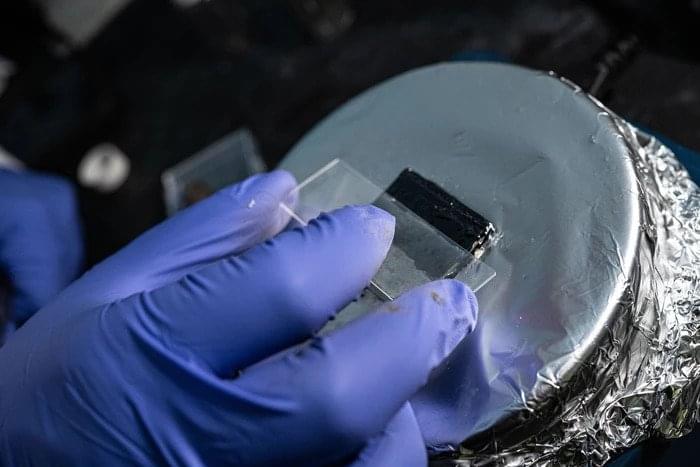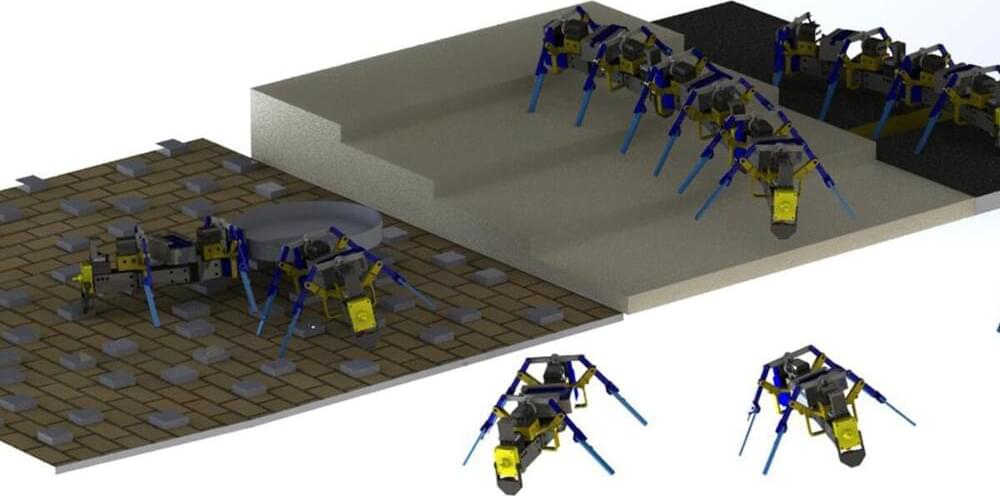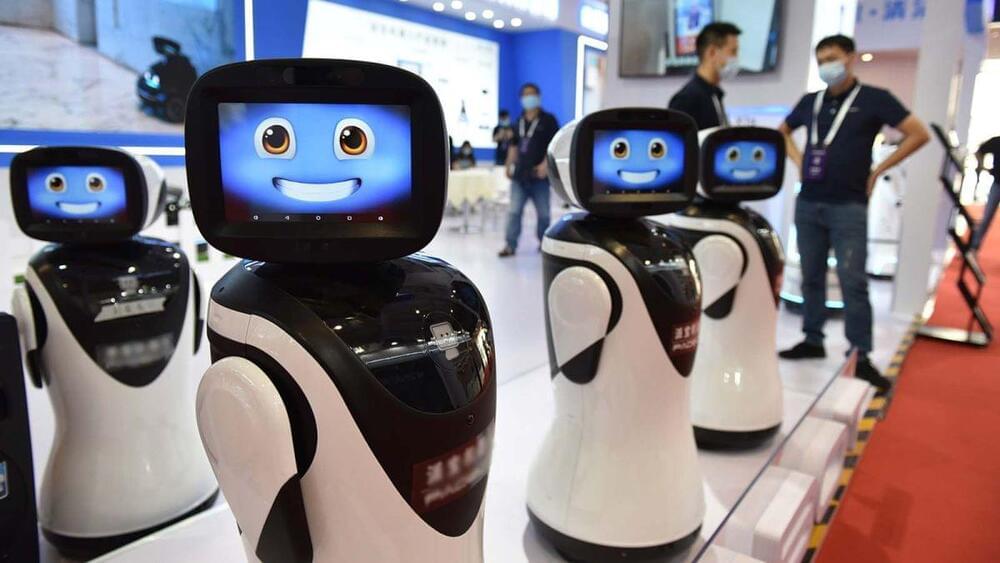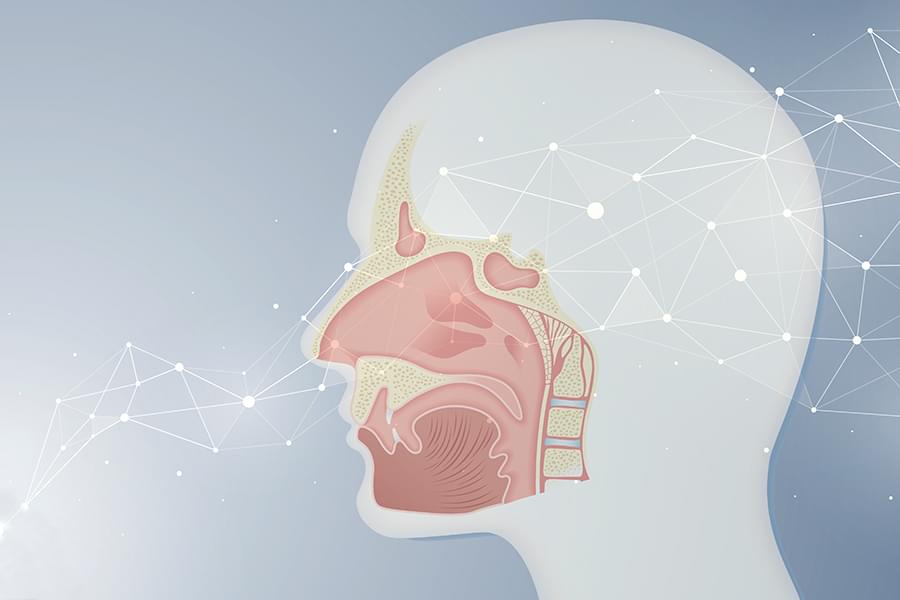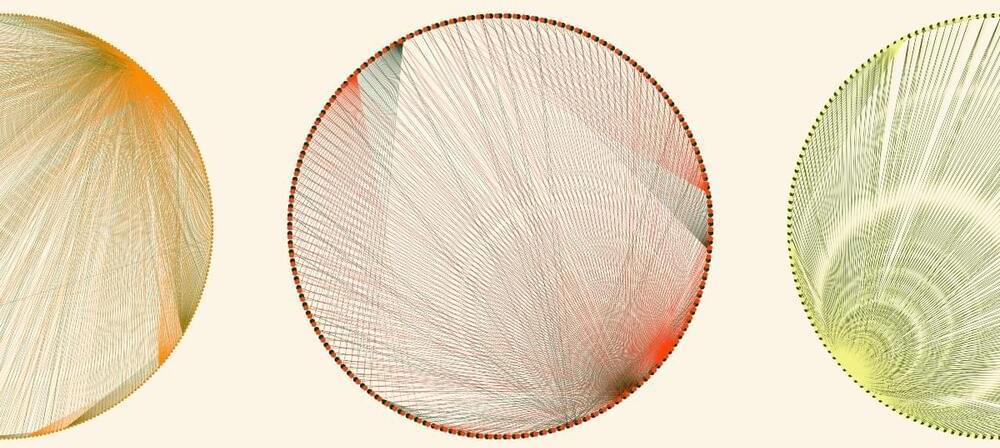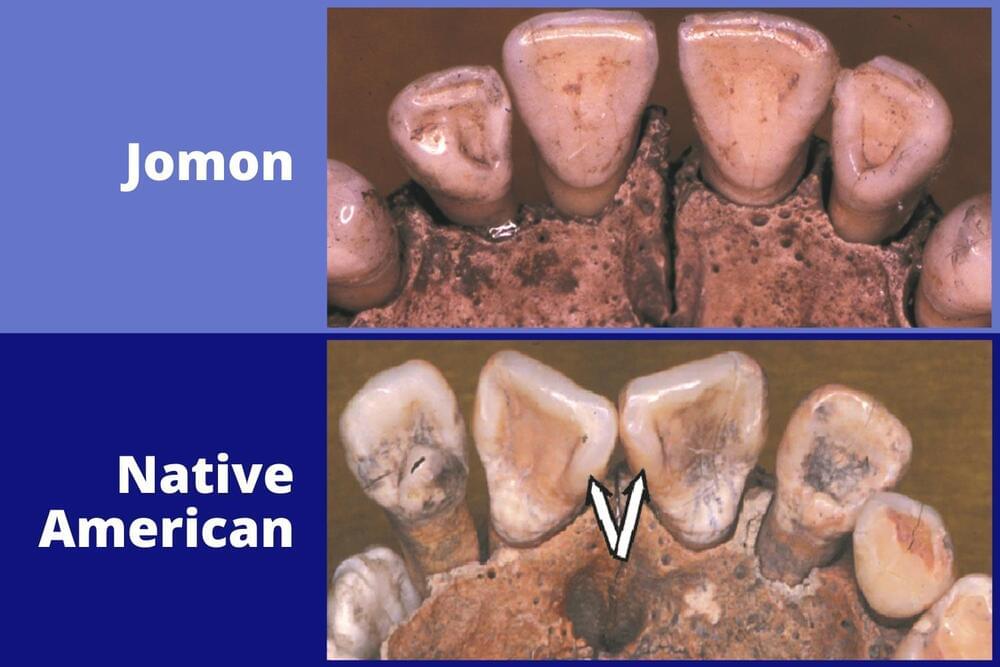Anders Sandberg, University of Oxford.
One of the deepest realizations of the scientific understanding of the world that emerged in the 18th and 19th century is that the world is changing, that it has been radically different in the past, that it can be radically different in the future, and that such changes could spell the end of humanity as we know it. An added twist arrived in the 20th century: we could ourselves be the cause of our demise. In the late 20th century an interdisciplinary field studying global catastrophic and existential risks emerged, driven by philosophical concern about the moral weight of such risks and the realization that many such risks show important commonalities that may allow us as a species to mitigate them. For example, much of the total harm from nuclear wars, supervolcanic eruptions, meteor impacts and some biological risks comes from global agricultural collapse. This talk is going to be an overview of the world of low-probability, high-impact risks and their overlap with questions of complexity in the systems generating or responding to them. Understanding their complex dynamics may be a way of mitigating them and ensuring a happier future.
Follow us on social media:
https://twitter.com/sfiscience.
https://instagram.com/sfiscience.
https://facebook.com/santafeinstitute.
https://facebook.com/groups/santafeinstitute.
https://linkedin.com/company/santafeinstitute.
https://complexity.simplecast.com.
https://aliencrashsite.org
